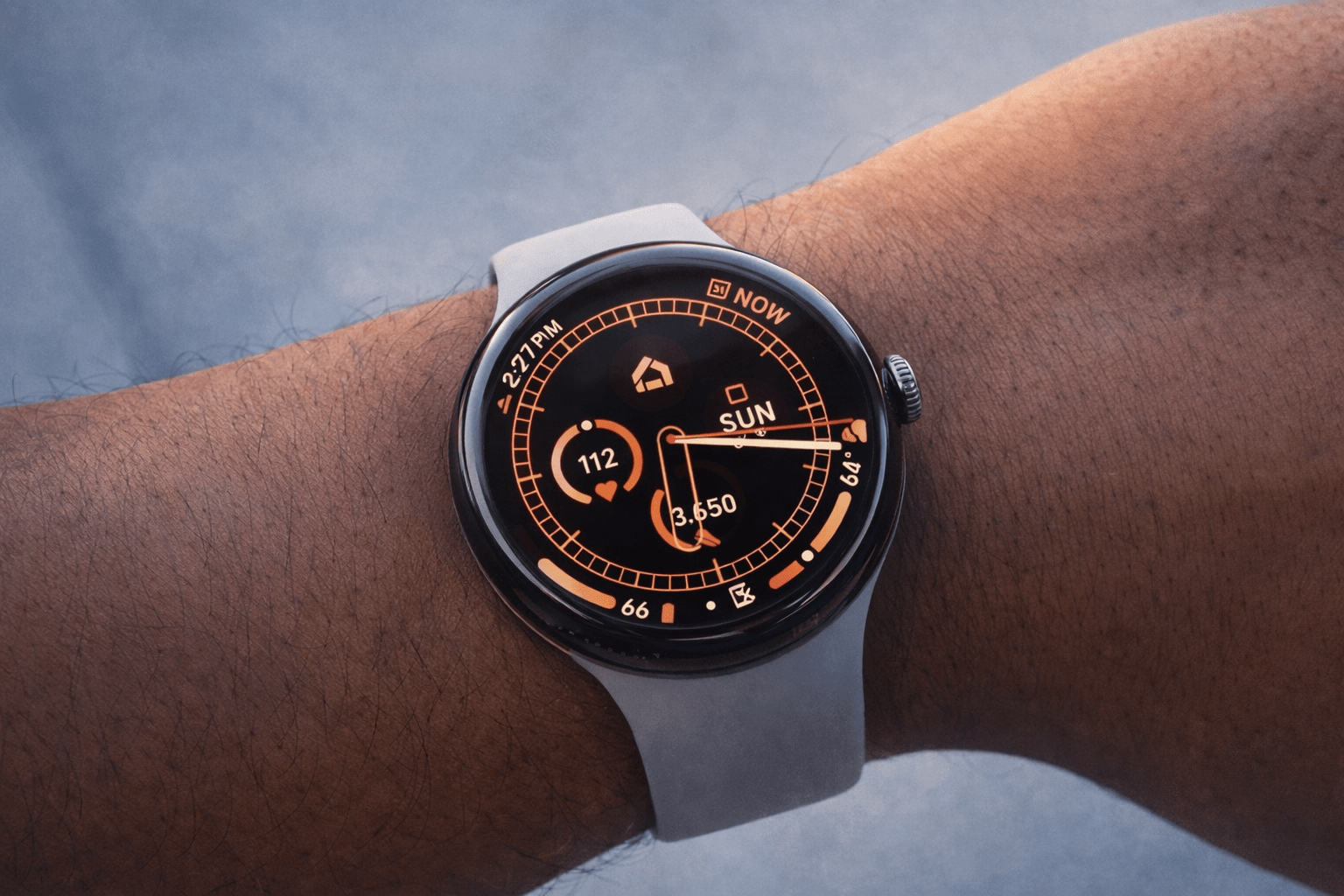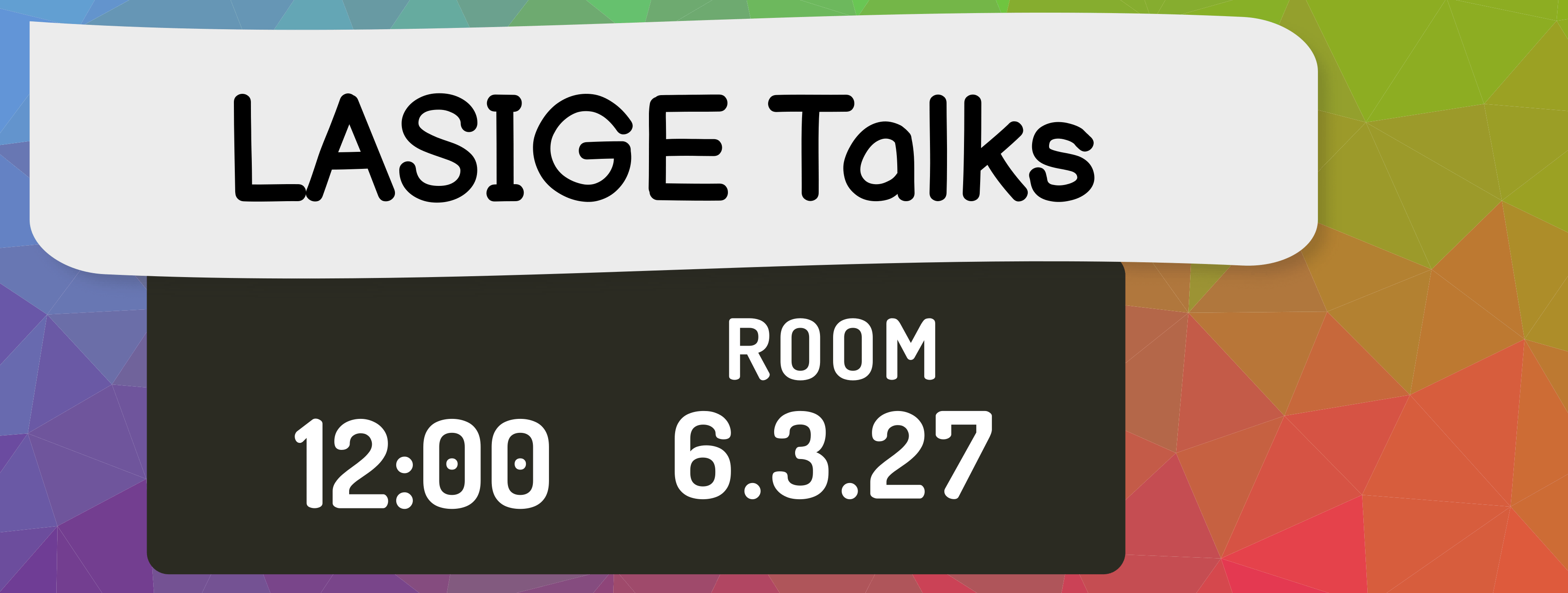RECENT
NEWS

Research on Inclusive and Accessible Health Tracking for Blind and Low-Vision People receives national FCT grant
26/01/2026
LASIGE researcher Rúben Gouveia has successfully obtained funding for his AmbiAccess project, through the FCT’s PEX exploratory call. Health tracking through smartphones and wearables is increasingly common, but much of it still assumes visual interaction – charts, color, and visual patterns – making it difficult for people with visual impairments to benefit and make sense […]

LASIGE and the World Logic Day
14/01/2026
January 14th is the World Logic Day! Celebrated around the globe with a wide range of activities, the date was officially adopted by UNESCO in 2019 to honor the legacy of two towering figures of the 20th century: Kurt Gödel and Alfred Tarski. LASIGE is deeply involved in the study of the principles of reasoning. […]

Balancing Security, Performance, and Power Consumption in Mobile Devices
09/01/2026
LASIGE researchers Wellington Oliveira, José Cecílio, and Alan Oliveira have successfully obtained funding for their initiative, MOSA. This project was chosen for funding through the FCT’s PEX exploratory call. MOSA (Mobile Optimization on Security through Algorithmic Improvement) aims to solve the tension between mobile security, device performance, and energy consumption. Recognizing that current protection mechanisms […]
RECENT
TALKS
ONGOING
PROJECTS
Projects
PUBLICATIONS
Members
RECENT
PUBLICATIONS
SOFTWARE &
TOOLS
About LASIGE
LASIGE is a research and development unit at the Faculty of Sciences of the University of Lisbon, in the field of Computer Science and Engineering.
LASIGE has approximately 250 collaborators, including researchers holding a doctoral degree, PhD and MSc students and other junior researchers, project managers, and a team of system administrators. The current Director is Prof. Alysson Bessani.



